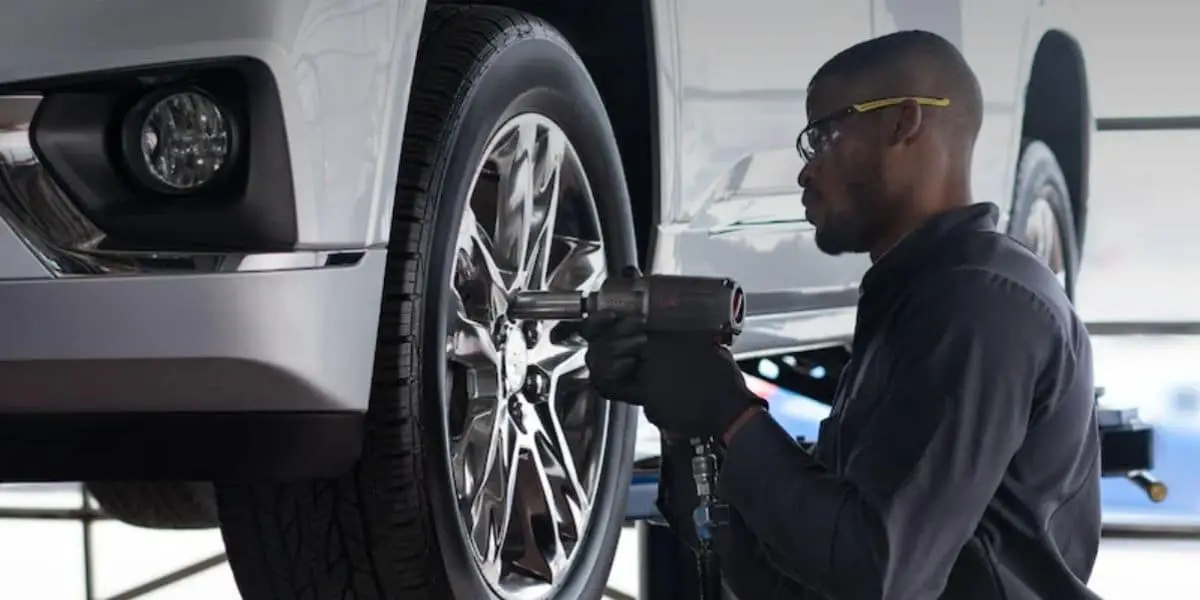All Categories
Featured
Table of Contents
As understanding of environmental problems grows, numerous local car fixing organizations are taking proactive actions to lower their carbon footprint. These techniques not only benefit the environment however likewise enhance the shops' reputations and attract eco-conscious clients. Below are numerous vital ecological practices executed by neighborhood automobile service center to promote sustainability and decrease their impact on the planet.
Shops frequently have marked recycling bins for numerous products, and staff are educated to comply with proper disposal procedures. Furthermore, some organizations companion with neighborhood reusing centers to make certain that harmful products, such as oil and batteries, are taken care of safely and in compliance with environmental guidelines.
By selecting sustainable products, neighborhood vehicle repair work services not only shield the environment yet likewise advertise a much healthier office for their employees and customers. This dedication to environmentally friendly techniques can resonate with environmentally-conscious customers, providing these shops a competitive side.
Along with upgrading their equipment, some shops are discovering renewable resource sources, such as photovoltaic panels. By utilizing solar power, these businesses can reduce their reliance on nonrenewable fuel sources and lower their total carbon footprint.
Furthermore, some shops are employing sophisticated automobile laundry systems that reduce water use while still offering reliable cleansing. By conserving water, neighborhood auto repair service organizations add to sustainability initiatives and help resolve the expanding worries over water shortage.
![]()
By enlightening consumers concerning the importance of maintaining their cars for efficiency and sustainability, these services can cultivate a culture of ecological duty. This not only enhances neighborhood ties yet additionally positions the service center as a leader in promoting sustainable methods.
1. Waste Administration and Recycling.
One of the primary areas where auto service center can make a significant environmental impact is in waste monitoring. Many neighborhood services are adopting detailed recycling programs to make certain that products such as plastic, paper, and steel are appropriately sorted and recycled. This assists draw away waste from garbage dumps and decreases the need for new basic materials.Shops frequently have marked recycling bins for numerous products, and staff are educated to comply with proper disposal procedures. Furthermore, some organizations companion with neighborhood reusing centers to make certain that harmful products, such as oil and batteries, are taken care of safely and in compliance with environmental guidelines.
2. Eco-Friendly Products.
Several auto service center are moving towards environmentally friendly items in their operations. This includes making use of eco-friendly cleansing items, non-toxic lubricants, and low-VOC (unstable natural substances) paints and finishes. These items lower hazardous emissions and minimize the ecological influence of the repairs and upkeep executed in the store.By selecting sustainable products, neighborhood vehicle repair work services not only shield the environment yet likewise advertise a much healthier office for their employees and customers. This dedication to environmentally friendly techniques can resonate with environmentally-conscious customers, providing these shops a competitive side.
3. Power Performance.
Local auto service center are increasingly spending in energy-efficient equipment and modern technologies. This includes making use of LED lighting, energy-efficient home heating and cooling down systems, and high-efficiency home appliances. Such upgrades can dramatically minimize power usage and lower utility prices.Along with upgrading their equipment, some shops are discovering renewable resource sources, such as photovoltaic panels. By utilizing solar power, these businesses can reduce their reliance on nonrenewable fuel sources and lower their total carbon footprint.
4. Water Preservation.
Water conservation is another important facet of environmental sustainability in auto service center. Lots of organizations are executing water-saving practices, such as using low-flow components in cooking areas and washrooms, and recycling water made use of in cleaning vehicles or cleansing devices.Furthermore, some shops are employing sophisticated automobile laundry systems that reduce water use while still offering reliable cleansing. By conserving water, neighborhood auto repair service organizations add to sustainability initiatives and help resolve the expanding worries over water shortage.

5. Area Engagement and Education And Learning.
Regional automobile service center commonly engage with their communities to promote ecological recognition and encourage sustainable techniques. This can consist of organizing workshops on vehicle maintenance and environment-friendly driving routines, in addition to taking part in community clean-up occasions.By enlightening consumers concerning the importance of maintaining their cars for efficiency and sustainability, these services can cultivate a culture of ecological duty. This not only enhances neighborhood ties yet additionally positions the service center as a leader in promoting sustainable methods.
Conclusion.
Regional car fixing organizations are progressively recognizing the importance of applying eco friendly methods to decrease their carbon footprint. By selecting to repair lorries at eco accountable stores, consumers can play a part in reducing their carbon impact and advertising a greener future.Latest Posts
Living Space Furnishings Styles
Published Jan 28, 25
0 min read
What Variables Impact the Expense of Major Vehicle Repair Services
Published Jan 12, 25
0 min read
Discover Durable Continuous Panel Fencing Solutions from Montana Fence
Published Nov 29, 24
1 min read